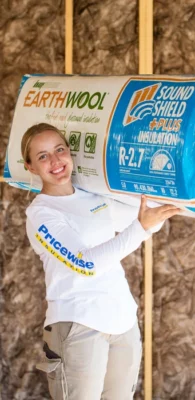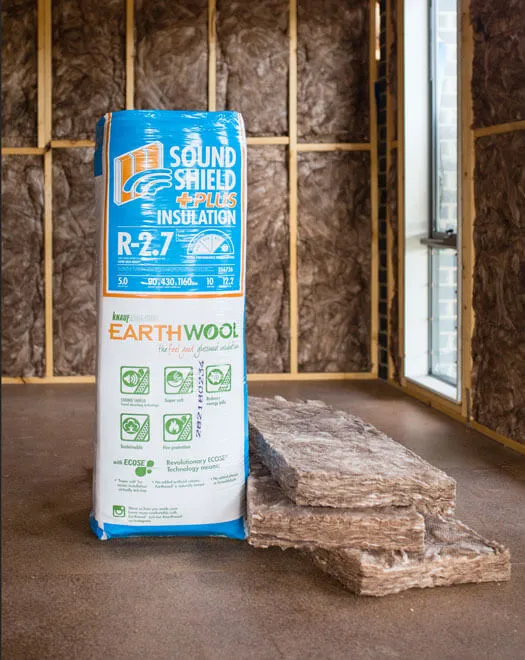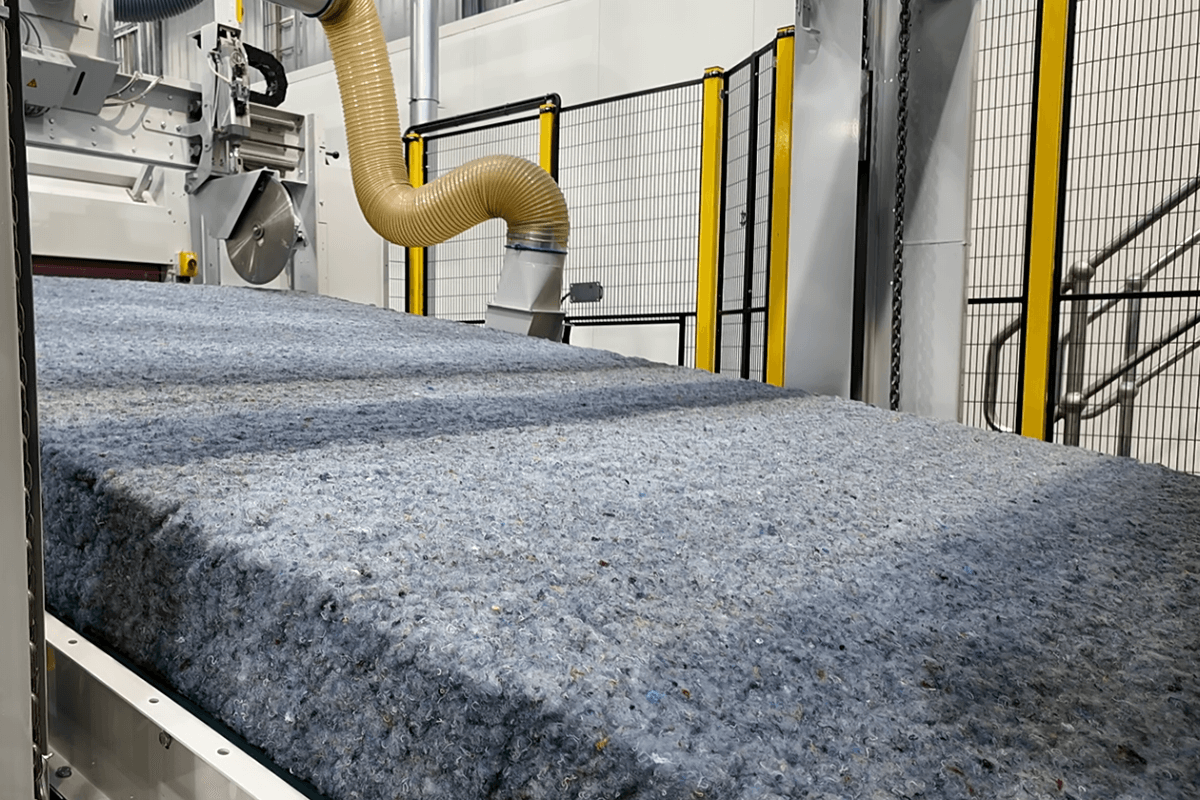Insulation Tips
What Are the Most Ecological Insulation Materials and Products?
As energy costs rise and environmental awareness deepens, more homeowners and builders are looking beyond traditional insulation and asking a critical question: What are the most ecological insulation materials and products? The aim isn’t just to improve energy efficiency, but also to ensure the materials themselves are as kind to the planet as possible. This means considering not only thermal performance, but also the life cycle of the material, manufacturing impact, recyclability, and the potential for chemical emissions.
Ecological insulation focuses on materials that are sourced responsibly, have low embodied energy, and produce minimal environmental impact over their lifespan. Similarly, environmental insulation refers to products that reduce energy consumption while maintaining sustainability from production through disposal. These solutions often use renewable, recycled, or natural components and avoid harmful additives such as formaldehyde or ozone-depleting blowing agents.
When we talk about the most environmentally friendly insulation, we must look at several factors:
- Raw material sourcing: whether the material is renewable, recycled, or waste by-product.
- Manufacturing energy: how much energy is required to produce it.
- Durability: longer lifespan means less waste and fewer replacements.
- Health impacts: low toxicity and reduced indoor air pollution.
- End-of-life disposal: ability to recycle, compost, or biodegrade.
Below is a list of the most environmentally friendly insulation materials.
Most Environmentally Friendly Insulation Materials
- Sheep’s Wool Naturally renewable and biodegradable, sheep’s wool is excellent at regulating humidity while providing strong thermal and acoustic insulation. It is non-toxic, fire-resistant, and requires minimal processing compared to synthetic alternatives. Contact Pricewise Insulation to find out about our new InsulWool range.
- Cellulose Insulation Made primarily from recycled newspaper and cardboard, cellulose is one of the most sustainable options available. It has a low manufacturing footprint and can be installed as loose-fill or dense-pack. Fire retardants are typically added, but these can be non-toxic in ecological variants.
- Recycled Denim (Cotton) Insulation Repurposing textile waste into insulation reduces landfill waste and makes use of a soft, breathable, and non-toxic fibre. While heavier than some materials, recycled denim has a comparable thermal performance to fibreglass without the itch. Enquire about recycled denim from InsulDenim today.
- Hemp Insulation Hemp is a fast-growing, renewable plant that produces highly durable fibres. Hemp insulation batts and boards are breathable, mould-resistant, and have a long lifespan. Hemp absorbs more CO₂ while growing than is released in its production. Hemp batts can be cradle-to-gate carbon-negative due to biogenic storage, but results depend on accounting boundaries and end-of-life.
- Cork Insulation Harvested from the bark of cork oak trees (which regrow without harm), cork insulation is renewable and naturally resistant to pests and mould. It also provides excellent sound insulation and has a unique resilience that lasts decades.
- Wood Fibre Insulation Made from waste wood chips and sawdust, this insulation is renewable and recyclable. It is vapour-permeable, which helps prevent moisture issues, and can be used for both internal and external applications.
- Ecological Spray Foam Insulation (Soy or Castor Oil-Based) Unlike traditional petroleum-based foams, ecological spray foam insulation uses plant-based oils as a key ingredient. This reduces reliance on fossil fuels and can lower emissions during production, while still providing high thermal performance and air sealing.
- Mineral and Glass Wool While not ‘natural’, modern glass wool (from recycled glass) and stone wool (from basalt and by-products) are among the lowest-impact mainstream options. They offer solid thermal and acoustic performance, are non-combustible, vapour-permeable, durable over decades, and often contain high recycled content. An excellent, pragmatic choice where fire performance, availability and cost matter – especially worth considering in bushfire-prone areas.
Why Choosing Ecological Insulation Matters
The construction industry has a major role to play in tackling climate change. By choosing environmentally friendly insulation materials and environmentally friendly insulation products, you reduce your building’s operational carbon footprint and often its embodied carbon as well. Renewable and recycled insulation options not only save energy but also support circular economy principles, where materials are kept in use for as long as possible.
Incorporating ecological insulation materials into a home or building project also improves indoor air quality. Many synthetic insulation types can off-gas volatile organic compounds (VOCs), which can impact health. Natural alternatives like wool, hemp, and cork avoid these risks while adding beneficial properties like humidity regulation and resistance to mould growth.
The upfront cost of ecological products can be higher in some cases, but they often provide savings over time through better performance, longer life, and reduced need for replacement. Moreover, the environmental benefits – lower greenhouse gas emissions, reduced landfill waste, and preservation of non-renewable resources – are long-term gains that extend beyond individual projects.
Ultimately, the most environmentally friendly insulation is the one that balances high performance with a genuinely sustainable life cycle. Whether you choose recycled denim insulation for soundproofing, wool insulation (contact us to find out more) to regulate the indoor temperature and humidity levels or a formaldehyde free glasswool budget-friendly green retrofits, every choice helps push the building industry toward a more sustainable future.



